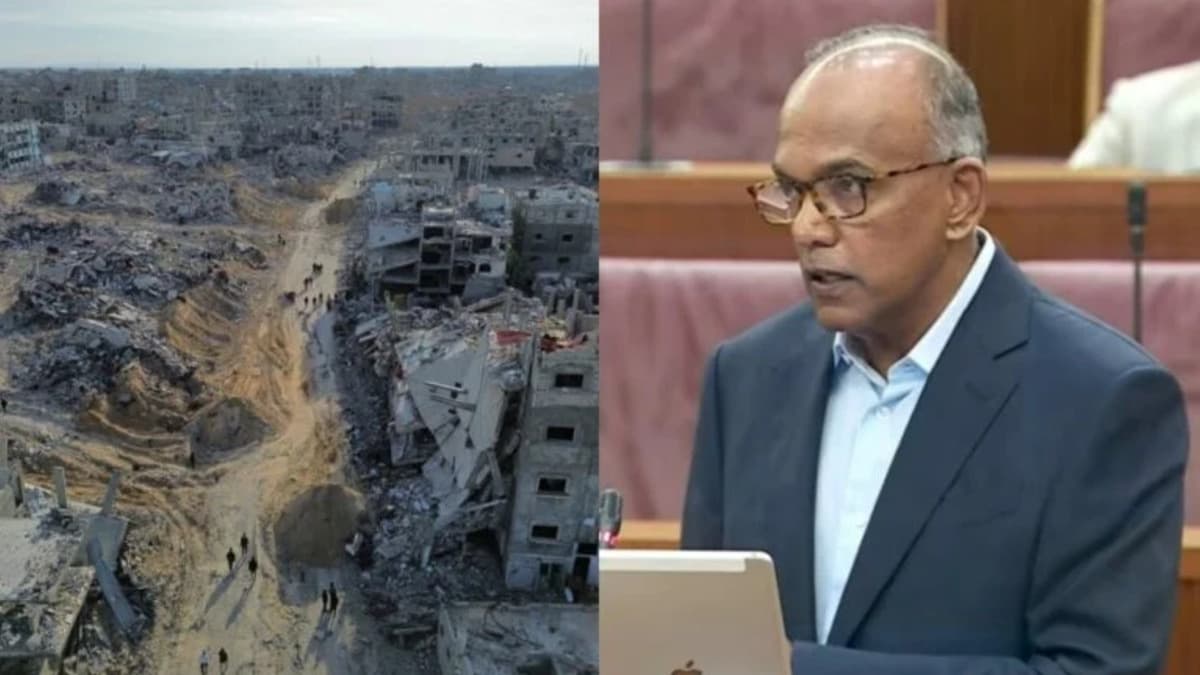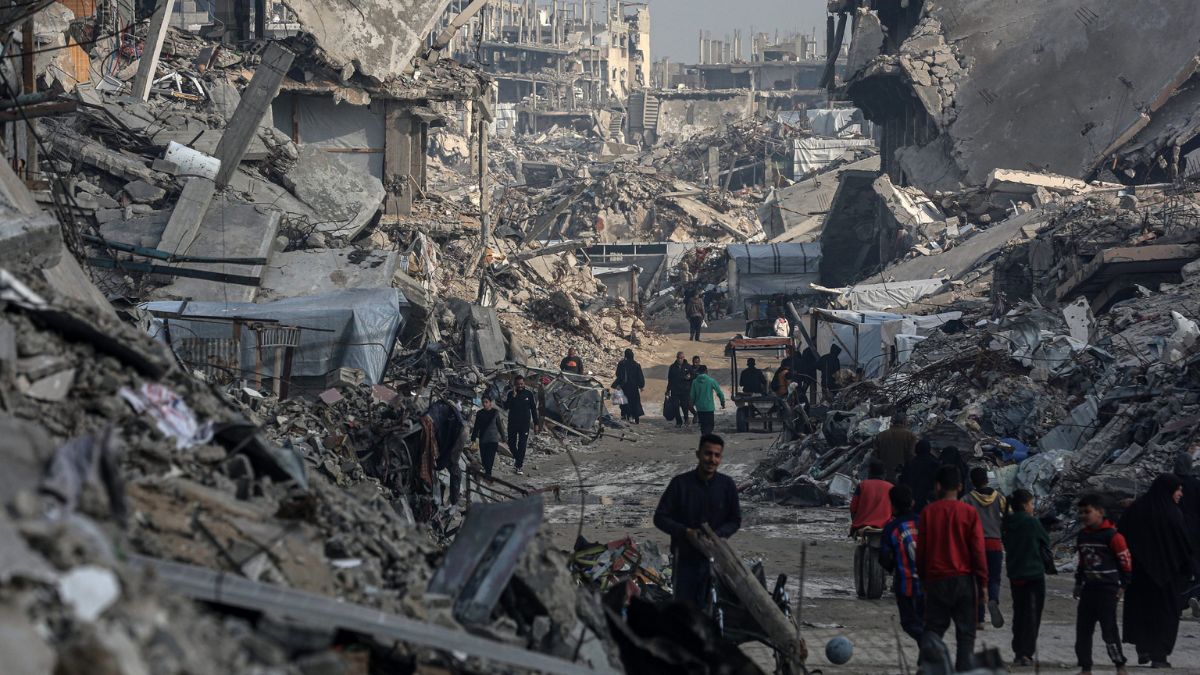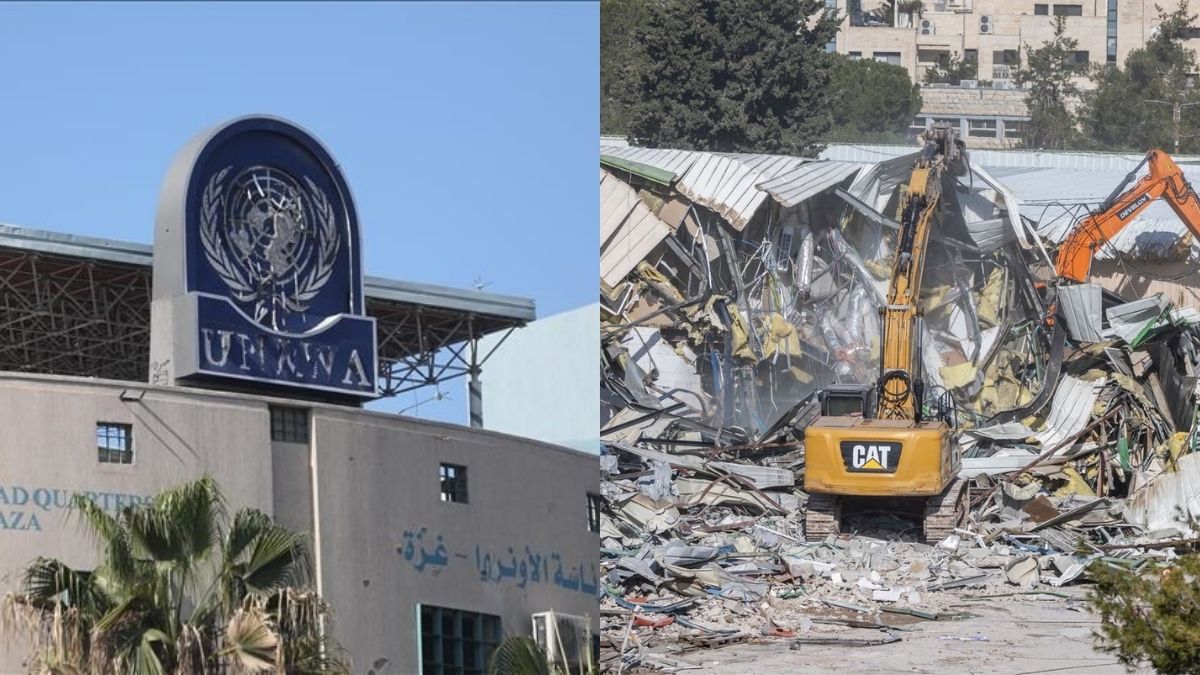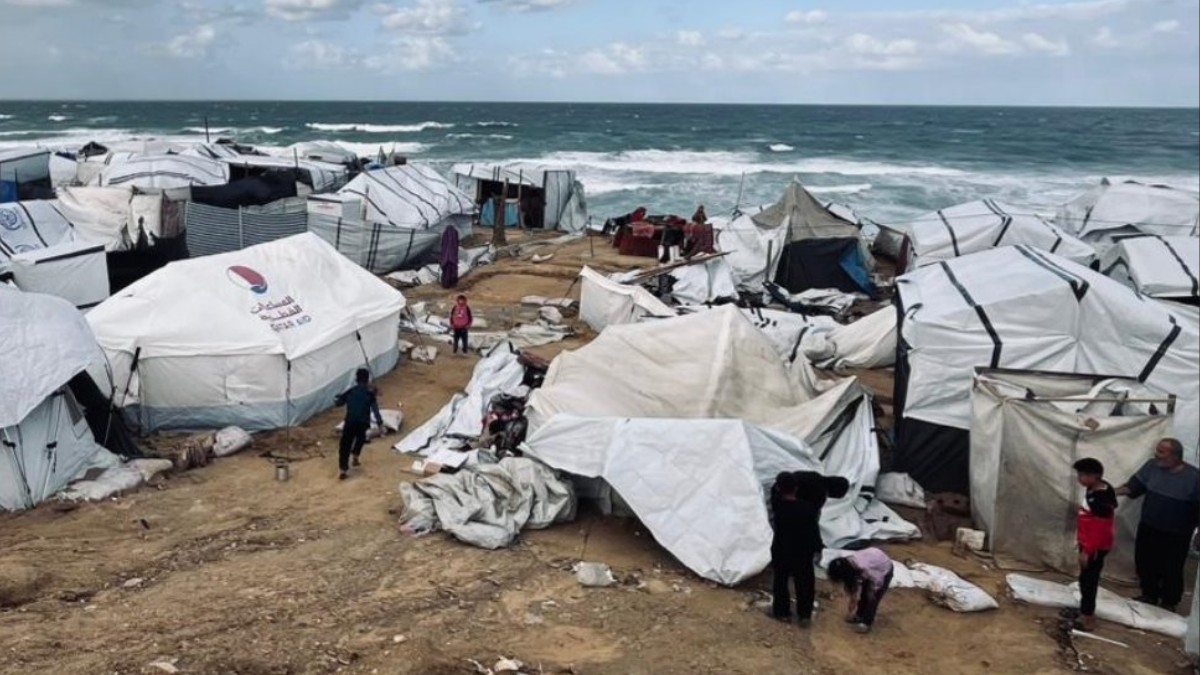Shanmugam: Immediate recognition of Palestine could harm, not help, Palestinians
Coordinating Minister for National Security K Shanmugam has cautioned that immediate recognition of a Palestinian state may harm, rather than advance, the Palestinian cause. Speaking at a conference on 2 September, he argued that recognition must follow the establishment of stable governance, a viable population, and defined territory — conditions not yet met amid the ongoing Gaza conflict.

- K Shanmugam warned that recognising Palestine now could worsen conditions on the ground.
- He reaffirmed Singapore’s readiness “in principle” to recognise a Palestinian state at an appropriate time.
- The minister said cutting diplomatic ties with Israel would not benefit Palestinians and raised concerns over domestic radicalisation linked to the Gaza war.
SINGAPORE — Coordinating Minister for National Security K Shanmugam has warned that the immediate recognition of a Palestinian state may not help Palestinians and could instead cause further harm.
Speaking at the Middle East Institute’s annual conference on 2 September, Shanmugam was asked about Singapore’s conditions for recognising Palestinian statehood. His comments came amid reports that several countries — including Australia, Canada, France, and the United Kingdom — are preparing to formally recognise Palestine at the upcoming United Nations General Assembly.
Currently, over 140 of 193 UN member states recognise Palestine. Singapore, however, remains among those — along with Japan, South Korea, and the United States — that do not.
Concerns over timing and viability
Shanmugam questioned whether recognising Palestine “very immediately” would advance its cause. “You have to ask whether recognising Palestine very immediately, where there is no viable government and there is no viable two-state solution, hurts or advances the Palestinian cause,” he said.
He noted that such recognition would not change “facts on the ground” and could harm Palestinians’ long-term prospects.
The minister said three criteria must be met before recognition: physical space, a stable population, and a viable governing authority. He pointed to Israeli actions — including destruction of infrastructure, displacement of civilians, and weakening of the Palestinian Authority (PA) — as major obstacles.
“What it really needs is support in the Palestinian Authority, giving them legitimacy and building them up to a stage where they can govern,” Shanmugam said. However, he acknowledged that the current conditions on the ground make such progress challenging.
Singapore’s longstanding position
Singapore has consistently maintained that it is “prepared in principle” to recognise a Palestinian state, but only when appropriate. Shanmugam reaffirmed Prime Minister Lawrence Wong’s earlier statement from May, which described Israel’s military actions in Gaza as “a likely breach of international humanitarian law.”
“We have made it very clear several times that, at least as of now, Israel’s response has gone too far,” Shanmugam said, adding that “many, including I, think that history will probably be harsh in its judgement of Israel’s actions.”
In August, the Ministry of Foreign Affairs called Israel’s expansion of operations in Gaza “dangerous and unacceptable.” Singapore continues to support a two-state solution and affirms the Palestinians’ right to a homeland, though Shanmugam admitted that such an outcome currently seems distant. “The Palestinians deserve no less, so we have to hold out hope,” he said.
Diplomatic ties and trade with Israel
When asked whether Singapore might downgrade or cut diplomatic ties with Israel, Shanmugam rejected the idea, saying it would not help Palestinians. “Say we cut off ties with Israel, how is that going to help the people of Gaza?” he asked.
He emphasised that maintaining diplomatic channels allows Singapore to convey its perspectives directly to Israeli officials. “They do listen, as long as we are sensible. It doesn’t mean they follow; but at least they listen.”
He noted that Singapore has not cut ties with other countries involved in humanitarian crises, including Russia, Syria, and Myanmar. “If you want to cut off ties with Israel, you should be cutting off ties with Russia, and… with the United States, France, Britain,” he said, referring to their roles in supplying weapons used in global conflicts.
Singapore-Israel trade has grown steadily, reaching US$3.8 billion in 2022 — a 67 per cent increase from 2021. Israel exports machinery, medical equipment, and transportation products to Singapore.
Questions on arms sales and UN resolutions
In October 2024, Non-Constituency Member of Parliament Leong Mun Wai questioned Singapore’s stance after it voted for a UN resolution urging states not to recognise illegal Israeli settlements.
Leong asked whether Singapore would ban imports from such settlements or suspend arms sales to Israel. Minister for Foreign Affairs Vivian Balakrishnan declined to confirm whether arms sales would be halted, citing national security and confidentiality over defence matters.
He added that unilateral sanctions would be weighed carefully and aligned with national interests. Dr Balakrishnan also noted that other nations’ sanctions on Israeli entities had produced limited effects.
In contrast, several countries have openly suspended arms exports to Israel in response to the Gaza offensive, framing these actions as moral or legal obligations.
Growing radicalisation risk at home
Shanmugam also warned of heightened domestic security concerns linked to the Gaza conflict. He said rising anger among Muslim communities in Singapore and the region had increased the threat of radicalisation, especially among youth.
“The transition from that to people wanting to do something violent about it, either by going over to the Middle East or doing something in Singapore, we have seen some of it,” he said. “That is the threat of terrorism, and people wanting to take things into their own hands.”
US influence and policy limitations
When asked about the United States’ role, Shanmugam said it remains “probably the only country in a position to dictate Israel’s actions.” However, he noted that Washington has taken few steps to restrain Israel, suggesting that US policy positions are “set in concrete.”
“One of those viewpoints is to fundamentally go along with almost anything that Israel does,” he said. “I’m not realistically a believer that we can alter that course.”
Observers have long cited lobbying groups such as the American Israel Public Affairs Committee (AIPAC) as major influences on US policy, arguing that they sustain bipartisan support for Israel despite public dissent.
Escalating death toll raises questions over statehood feasibility
As of 2 September 2025, at least 63,557 Palestinians have been killed and more than 160,000 injured since Israel’s military offensive began in October 2023, according to Gaza health authorities. Recent reports indicate three children died from starvation in late August.
Shanmugam’s assertion that Palestine must have a functioning government to be recognised has raised further questions about feasibility, given the extensive destruction of infrastructure and humanitarian collapse.
For now, Singapore maintains its cautious, conditional approach — one that Shanmugam says balances moral support for Palestinian rights with pragmatic assessment of on-the-ground realities.











